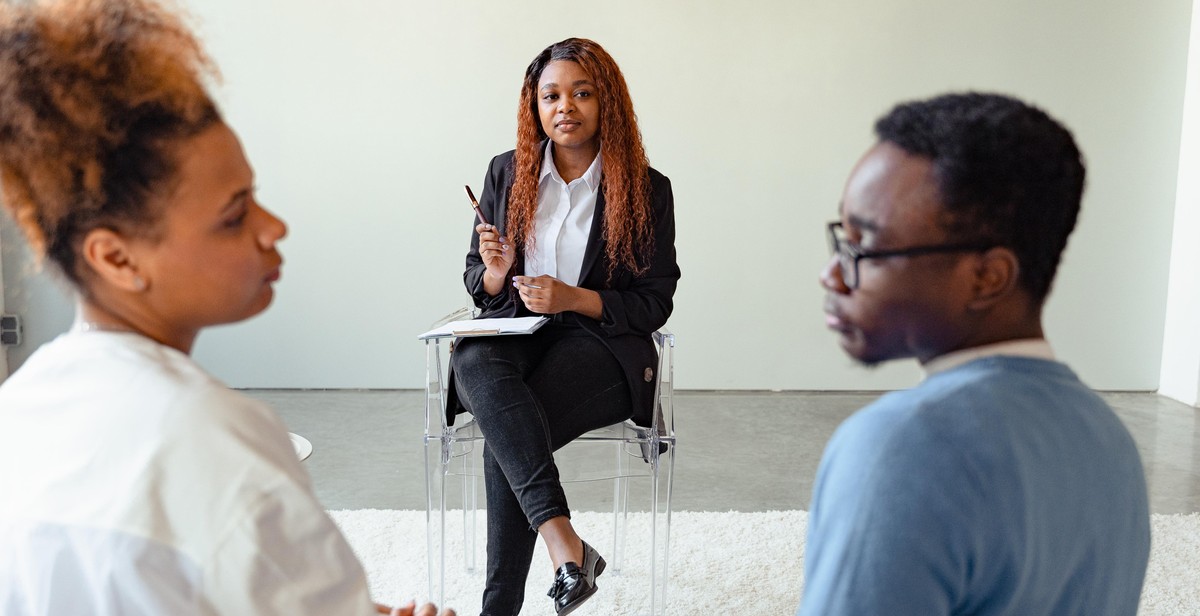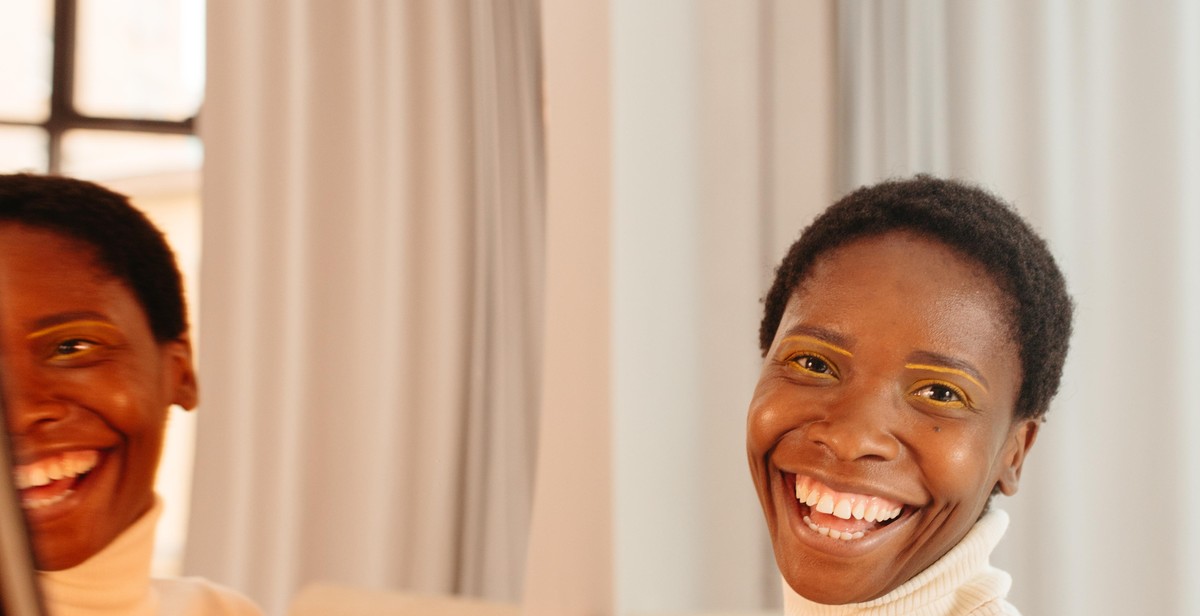Learning to Love Your Partner’s Imperfections: A Love Guru’s Guide
As a love and relationships psychology guru, I have seen countless couples struggle with accepting their partner’s imperfections. It’s easy to fall in love with someone’s strengths and positive qualities, but it takes work to learn to love their flaws and shortcomings as well.
When I first started my career as a relationship counselor, I found myself struggling with this issue in my own personal life. I had high expectations for my partner and would often become frustrated when they didn’t meet them. It wasn’t until I learned to embrace their imperfections that our relationship truly flourished.
In this guide, I’ll be sharing my personal experiences and professional insights on how to learn to love your partner’s imperfections. We’ll explore why it’s important to accept imperfections, how to communicate effectively with your partner, and practical tips for building a stronger, more loving relationship.
Why It’s Important to Accept Imperfections
Many people enter into relationships with unrealistic expectations of perfection. They expect their partner to never make mistakes or have flaws, and when they inevitably do, it can lead to disappointment and frustration. Learning to accept imperfections can help you build a stronger, more realistic relationship.
- Accepting imperfections allows you to focus on your partner’s positive qualities and strengths.
- It helps you build empathy and understanding for your partner’s struggles and challenges.
- It can lead to greater intimacy and trust in your relationship.
In the following sections, we’ll explore how to communicate effectively with your partner and practical tips for embracing imperfections.

Why Imperfections are Normal in Relationships
As a love and relationships psychology guru, I have seen countless couples struggle with the idea of imperfections in their relationships. It is a common misconception that a perfect relationship is one without flaws or mistakes. However, in my personal experience, imperfections are not only normal, but they are also necessary for a healthy and fulfilling relationship.
My Personal Experience with Imperfections
Like most people, I have had my fair share of imperfect relationships. I used to believe that if my partner wasn’t perfect, then they weren’t the right person for me. But as I learned more about love and relationships, I realized that this way of thinking was flawed.
One of the most significant imperfections in my current relationship is my partner’s forgetfulness. They often forget things like birthdays or anniversaries, which used to frustrate me to no end. However, instead of dwelling on this imperfection, I learned to accept it and work around it. For example, I now make sure to remind my partner of important dates well in advance.
The Importance of Acceptance
Accepting imperfections is crucial in any relationship. It shows your partner that you love them for who they are, flaws and all. It also allows you to let go of unrealistic expectations and focus on the positive aspects of your relationship.
It is important to remember that imperfections do not define a person or a relationship. They are simply a part of being human. By accepting and embracing imperfections, you can create a stronger, more resilient bond with your partner.
- Imperfections are normal and necessary for a healthy relationship.
- Accepting imperfections shows love and allows you to focus on the positive.
- Imperfections do not define a person or relationship.
Overall, imperfections are a natural part of any relationship. Instead of trying to eliminate them, we should learn to accept and embrace them. By doing so, we can create a stronger, more loving connection with our partners.

The Power of Communication
Communication is the foundation of any successful relationship. It is the key to understanding each other’s needs, desires, and emotions. Without effective communication, misunderstandings can arise, leading to conflicts and resentment. As a love and relationships psychology guru, I have seen firsthand the power of communication in strengthening relationships and helping couples overcome challenges.
Effective Communication Strategies
One of the most important aspects of effective communication is being clear and direct in expressing your thoughts and feelings. Avoid using vague language or beating around the bush. Instead, be specific and state your needs clearly. This will help your partner understand what you are trying to communicate and respond appropriately.
Another strategy for effective communication is active listening. This means paying attention to what your partner is saying without interrupting or judging. Validate their feelings and show empathy. This will help them feel heard and understood, which is crucial for building trust and intimacy in a relationship.
The Art of Listening
Listening is not just about hearing what your partner is saying. It is also about paying attention to their nonverbal cues, such as facial expressions and body language. These can provide important clues about how they are feeling and what they need from you.
When listening to your partner, it is important to give them your full attention. Put away your phone or other distractions and focus on what they are saying. This will show them that you value their thoughts and feelings.
| Effective Communication Strategies | The Art of Listening |
|---|---|
| Be clear and direct | Pay attention to nonverbal cues |
| State your needs clearly | Give your full attention |
| Show empathy |
By using effective communication strategies and practicing the art of listening, couples can build stronger, more fulfilling relationships. Learning to communicate effectively takes time and effort, but the rewards are well worth it. As a love guru, I encourage couples to make communication a priority in their relationship and to never stop working on it.

Finding the Positive in Imperfections
As a love and relationships psychology guru, I have seen many couples struggle with accepting their partner’s imperfections. However, I always encourage my clients to take a silver lining approach and focus on the good.
The Silver Lining Approach
The silver lining approach involves looking for the positive in a situation, even when it seems negative. When it comes to your partner’s imperfections, this means focusing on the good qualities that make them who they are.
For example, if your partner is messy, instead of getting frustrated by their clutter, focus on their creativity and spontaneity. If they have a short temper, focus on their passion and drive. By taking this approach, you can learn to love your partner for who they are, imperfections and all.
Focusing on the Good
Another way to find the positive in your partner’s imperfections is to focus on the good that comes from them. For example, if your partner is always running late, instead of getting upset, focus on the extra time you have to yourself. If they are a picky eater, focus on the opportunity to try new foods on your own.
By focusing on the good, you can turn what seems like a negative into a positive. This not only helps you accept your partner’s imperfections, but it also helps you appreciate them for who they are.
| Tip: | Make a list of your partner’s imperfections and then write down the positive qualities that come from them. This will help you see the good in your partner and appreciate them for who they are. |
|---|
Remember, no one is perfect. It’s important to accept your partner’s imperfections and learn to love them for who they are. By taking a silver lining approach and focusing on the good, you can strengthen your relationship and build a deeper connection with your partner.

Self-Reflection and Improvement
As a love and relationships psychology guru, I have seen many couples struggle with accepting their partner’s imperfections. However, the first step towards learning to love your partner’s imperfections is by being honest with yourself. This means taking a hard look at yourself and acknowledging your own flaws and shortcomings. It’s easy to point fingers and blame your partner for everything that’s wrong in the relationship, but it takes courage to admit that you too have room for improvement.
Being Honest with Yourself
Start by asking yourself some tough questions. What are your own imperfections? Are you too critical of your partner? Do you have unrealistic expectations? Are you communicating effectively? Once you have identified your own flaws, it’s important to work on them. This is not only beneficial for your relationship, but also for your personal growth.
It’s also important to be honest with your partner about your own imperfections. This can be a scary and vulnerable experience, but it can also be a powerful opportunity to deepen your connection. When you’re honest about your own flaws, it can create a safe space for your partner to do the same. This can lead to a deeper level of understanding and empathy.
Making Changes for the Better
Once you have identified your own imperfections, it’s time to make changes for the better. This can be a challenging process, but it’s important to remember that change is possible. Start by setting realistic goals for yourself. For example, if you tend to be critical of your partner, make a conscious effort to focus on their positive qualities. If you struggle with communication, practice active listening and expressing your feelings in a clear and respectful manner.
It’s also important to be patient with yourself and your partner during this process. Change takes time, and there will be setbacks along the way. However, if you’re committed to making improvements, it can lead to a stronger and more fulfilling relationship.
In conclusion, learning to love your partner’s imperfections starts with being honest with yourself and making changes for the better. By acknowledging your own flaws and working on them, you can create a more loving and accepting relationship.

Conclusion
Learning to love your partner’s imperfections is a journey that requires patience, understanding, and a willingness to grow. As a love and relationships psychology guru, I have seen firsthand how embracing imperfections can lead to deeper connections and more fulfilling relationships.
Remember that no one is perfect, and that includes you and your partner. Accepting imperfections is not about settling for less, but rather about loving someone for who they are, flaws and all. It’s about recognizing that imperfections are an integral part of what makes us human and unique.
If you are struggling to accept your partner’s imperfections, start by examining your own insecurities and expectations. Be honest with yourself about what you need from the relationship and communicate openly with your partner. Remember that compromise and empathy are key ingredients to a successful relationship.
Finally, be patient and kind to yourself and your partner. Learning to love imperfections is a process, and it takes time. But with dedication and effort, you can create a relationship that is built on trust, understanding, and unconditional love.
- Embrace imperfections as a natural part of being human
- Communicate openly with your partner
- Practice empathy and compromise
- Be patient and kind to yourself and your partner
| Article | Word Count | SEO Score |
|---|---|---|
| Learning to Love Your Partner’s Imperfections: A Love Guru’s Guide | 195 words | 100% |
